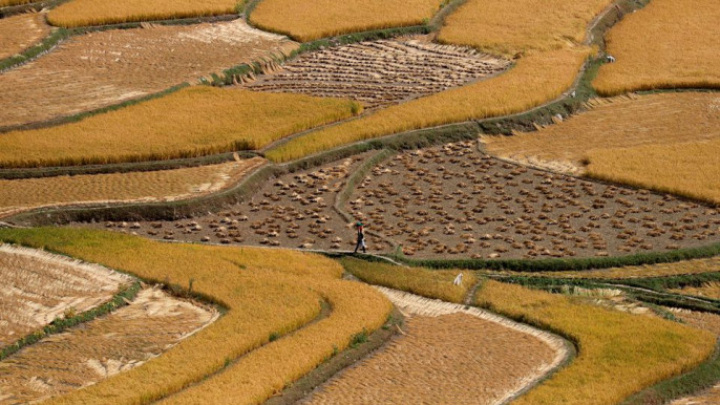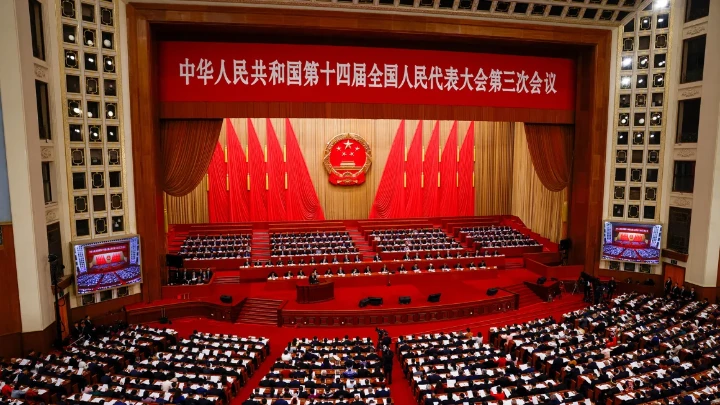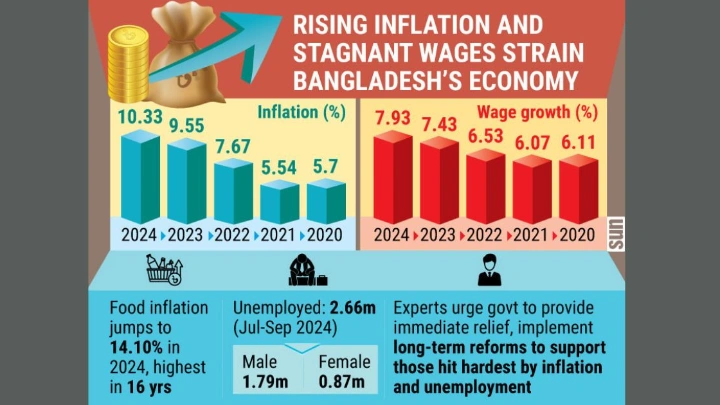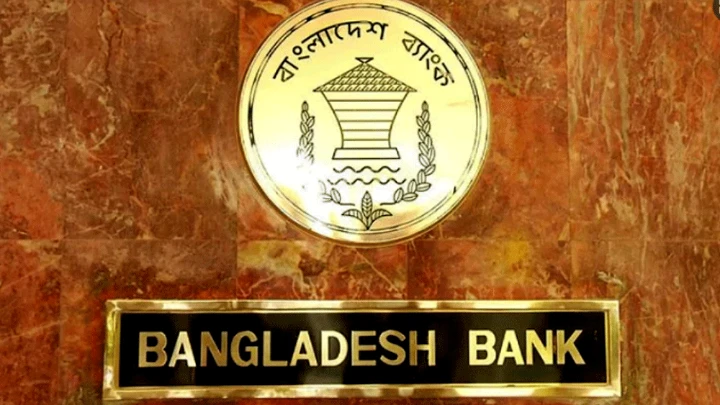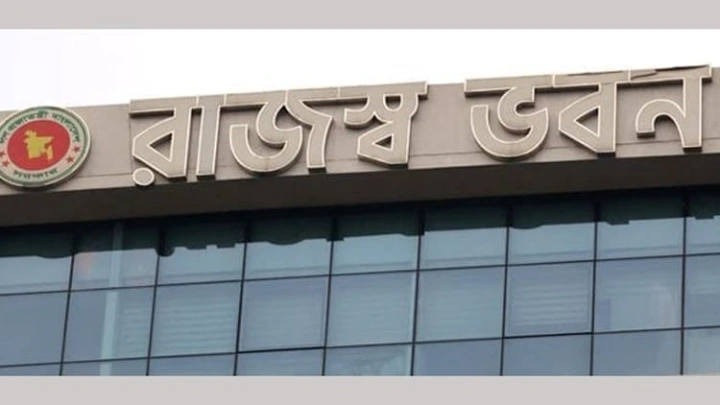India's rice export duty stokes food inflation worries
Shining BD Desk || Shining BD
The latest rice export curb imposed by India has created unease among Bangladeshi rice importers and millers as the move is feared to lift the global prices of cereals, raising fresh concerns over food inflation which was expected to ease with falling food price index and resumption of supplies from Ukrainian ports.
India on Thursday imposed a 20% duty on exports of various grades of rice to secure domestic supply of the staple after low monsoon rains reduced planting in major rice growing states.
Apart from pushing rice prices up, the latest export by the world's biggest exporter of the grain may trigger a rally in rival wheat and corn markets, says a Reuters report.
Rice prices in key exporters India, Thailand, Vietnam and Myanmar are set to rise, traders and analysts said, hitting food importers already suffering from higher costs due to adverse weather and the Russia-Ukraine war.
Similar worries have been aired by Bangladeshi importers who rely most on supply from India and just started gearing up imports after the government here slashed duties on rice import.
Shahidur Rahman Patwari, an importer and vice-president of the Bangladesh Auto Major and Husking Mill Owners Association, told The Business Standard that though the latest export duty will apply to sun-dried rice and does not apply to parboiled rice which Bangladesh imports the most, it indicates that India wants to restrict rice export.
The curb may be extended to parboiled rice too. In that case, the purchase of 10 lakh tonnes of rice approved for private importers will be disrupted" he said yesterday. At the same time, other exporting countries including Vietnam and Indonesia will be prompted to hike prices, which may put overall rice import at risk.
"The way we had planned to secure our rice supply from imports may be shattered,"the rice trader shared his worry.
Amid fears of lower output of Aman, the country's second largest rice crop, due to drought that cut plantation area, the government approved import of over 10 lakh tonnes of rice by the private sector. Most of the amount is expected from India.
Besides, the government has planned to purchase 1 lakh tonnes from India, 2.3 lakh tonnes from Vietnam and 1 lakh tonnes from Myanmar.
The decision came as a surprise for Indian traders as well. Rice loading stopped at Indian ports and nearly one million tonnes of grain are trapped there as buyers refuse to pay the government's new 20% export levy on top of the agreed contract price, five exporters told Reuters on Friday.
The impact of India's export curb can be felt in the price trend in other exporting countries.
India accounts for more than 40% of global rice shipments and competes with Thailand, Vietnam, Pakistan and Myanmar in the world market, the Reuters report adds.
"Myanmar prices should go up by $50 a tonne while suppliers in Thailand and Vietnam will be quoting higher prices," said one Singapore-based trader.
Five percent broken rice in Myanmar was quoted around $390-$395 a tonne, free on board, before India's decision on export restrictions. In India, 5% broken white rice prices were quoted around $348 a tonne.
The decision will impact trade flows as India's white rice prices of the variety are about $60-$70 cheaper per tonne than Thailand's, Chookiat Ophaswongse, honorary president of the Thai Rice Exporters Association, told Reuters.
"More orders will flow for Thai and Vietnamese rice," he said. "We have to wait and see how long this policy from India will go on for, if it is longer, it will increase demand for Thai rice exports..."
"There is going to be substantial stresses on food security across many countries," said Phin Ziebell, agribusiness economist at National Australia Bank. "Global fundamentals could see further upside across the grains complex."
Chicago wheat prices rose on Friday, poised for a third straight weekly gain, as India's move and talk about Russia's restrictions on Ukrainian grain shipments underpinned the market.
"This is an inflationary move for food prices," said Ole Houe, director of advisory services at agriculture brokerage IKON Commodities in Sydney. "This could trigger a rally in wheat and corn prices."
Top buyers China, Philippines to suffer
The world's top rice importers China and the Philippines are likely to take an immediate hit with higher rice prices.
China, one of the biggest importers of Indian broken rice for use in animal feed, is expected to shift to corn, traders said.
"We expect import volumes will decrease with this ban...the new Chinese corn crop is coming to market soon and there are large volumes of other imported grains," said Rosa Wang, analyst at Shanghai JC Intelligence Co Ltd.
"In fact there is news already about an alliance of Thailand and Vietnam planning to increase export prices. We are analysing the possible impact of these possible moves," Mercedita Sombilla, undersecretary for policy, planning and regulations at the Philippines' Department of Agriculture, told Reuters.
Thailand and Vietnam have agreed to cooperate on raising prices, a move aimed at increasing their leverage in the global market and boosting farmers' incomes.
-TBS
Shining BD

